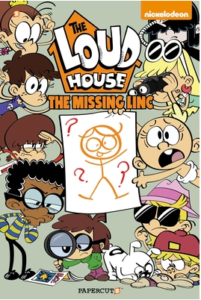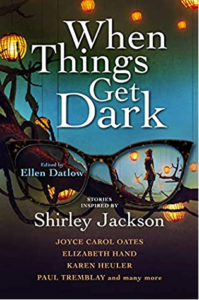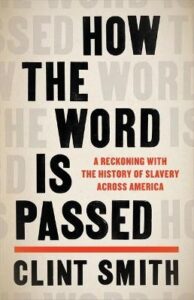A Trail Through Time is the fourth book about Madeleine Maxwell and St Mary’s Institute for Historical Research where the historians investigate major historical events in contemporary time — “It’s time travel, OK” — and follows closely on the events of A Second Chance. The title of this book refers to the ability of its major antagonists, the Time Police, to follow Max up and down the timeline with alarming accuracy, but it could well have also been called A Second Chance because it is all about second chances. (And is thus probably not the best place to begin reading the series.)
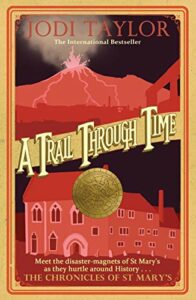
See, Max died on an assignment at the end of the third book, but History put her into one of the many alternate worlds implied by the time-travelling premise of the series’ setup. She’s back at St Mary’s, but it isn’t quite her St Mary’s; she’s still together with Leon, but he isn’t quite her Leon. They need time to get reacquainted, to adjust to a new reality. They don’t even get through breakfast.
The Time Police — though they are not yet named at that part of the book — are apparently serious enough trouble that Leon gives Max thirty seconds to grab whatever matters to her before they flee the scene in his time travel pod. They spend the first hundred or so pages desperately on the run, as each time that occurs to them to escape to provides only the briefest of respite. I had a little trouble connecting with Max and Leon through this section — it seemed to me that the two of them could be either near-strangers with memories of having loved someone very like the person now in front of them, or they could be a well-meshed pair working to save each other while hurtling through history, but not really both. On the other hand, the scene with the Nile alligators during the reign of Akhenaten was very fun.
A Trail Through Time settles down and gets better when Max and Leon pull off a trick to make it look like she has died (died again, from some points of view); the volcano on the cover is involved. They return to the Institute though he is off again almost immediately. Well, the book settles down St Mary’s style, which is to say it slows to somewhere between frantic and pell-mell. But that’s enough for librarians to provide Max with a working summary of the situation, over a well fussed-over pot of tea, of course.
Eventually, we each had a small table, a plate of crumpets, and a napkin.
Professor Rapson handed me my tea and said, without looking at me, “Should they ever find him, Leon Farrell will be charged with removing a contemporary from his own time, the sentence for which is death. Dr Peterson and Major Guthrie will be charged as accomplices. Dr Bairstow, as the person ultimately responsible for everything has, only temporarily we hope, been removed from his position as Director of St Mary’s.
“As mission controller, Dr Maxwell would have been charged as well, but she died. At this stage, we’re not sure if the colonel [from the Time Police] believes that or not. If he thinks you are Max, you’ll be shot. If he thinks you’re not Max, they might shoot you anyway. A no-win situation for you, I’m afraid. One lump or two?” (pp. 202–03)
So there is the true matter of A Trail Through Time: right at home, and not through the timeline at all. Keep Max alive, save St Mary’s, foil the Time Police, and hope for the best for Leon, wherever he has gone off to. Taylor delivers it all with heart and panache, action and hilarity, and rescues just in the nick of, well, time.
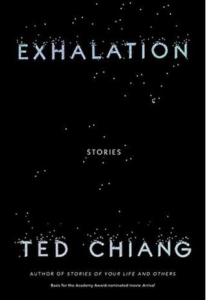 But enough with my random allusions: how is the book, Doreen? (Forgive me, I’m a bit loopy off illness and cold meds.) I actually read it in chunks, covering the relevant stuff for their nominated Hugo year. I enjoyed Anxiety Is The Dizziness Of Freedom well enough, but was definitely not a fan of Omphalos, as my religion is all about both science and metaphor (i.e. none of this young-Earth nonsense. Literalism is death to faith, ime.) Thus the thought exercise presented here was less sympathetic than so much typical “why am I not the center of the universe?” wankery to me.
But enough with my random allusions: how is the book, Doreen? (Forgive me, I’m a bit loopy off illness and cold meds.) I actually read it in chunks, covering the relevant stuff for their nominated Hugo year. I enjoyed Anxiety Is The Dizziness Of Freedom well enough, but was definitely not a fan of Omphalos, as my religion is all about both science and metaphor (i.e. none of this young-Earth nonsense. Literalism is death to faith, ime.) Thus the thought exercise presented here was less sympathetic than so much typical “why am I not the center of the universe?” wankery to me. 


